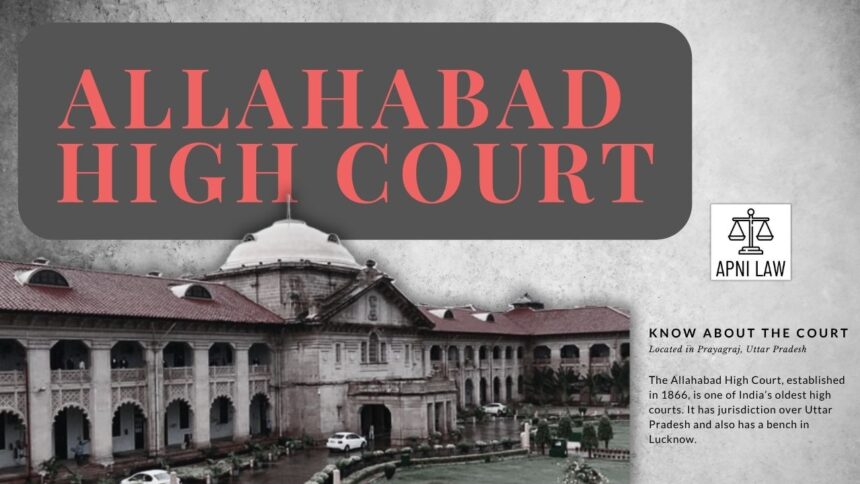Introduction
The Allahabad High Court in Ankit Suman v. Smt. Ruchi Suman held that a husband must continue paying maintenance pendente lite under Section 24 of the Hindu Marriage Act even when divorce proceedings are stayed. Justice Manish Kumar Nigam clarified that stay orders don’t relieve statutory obligations. The ruling underscores that the liability persists through trial, appeal, revision, or even restoration proceedings.
Facts of the Case
The husband, Ankit Suman, filed for divorce in July 2018 under Section 13 of the Hindu Marriage Act. His wife applied for pendente lite maintenance in March 2019. The Family Court denied her application in October 2020.
On appeal, the High Court granted ₹10,000 per month to the wife and ₹10,000 to the minor daughter in November 2021, along with arrears and ₹30,000 for litigation costs.
The Supreme Court altered the amount in November 2022, maintaining ₹10,000 for the wife but reducing the daughter’s share to ₹5,000. The wife claimed the husband defaulted, accruing arrears of around ₹2.5 lakh by August 2024. The Family Court issued a recovery warrant in September 2024 and reiterated recovery in May 2025.
The husband contested before the High Court. He argued that the High Court stayed divorce proceedings in September 2023 (due to a transfer petition filed by the wife). He claimed that during the stay, proceedings weren’t “pending” under Section 24 and thus maintenance was not payable for that period.
What the Court Says
Justice Nigam began by quoting Section 24 of the Hindu Marriage Act. He noted that its objective is to ensure that financially weaker spouses can pursue or defend matrimonial litigation.
He emphasized that “during the proceedings” includes the entire span from filing to final termination, including appellate, revisional, and restoration stages.
The court cited precedents, including Jammu & Kashmir HC (Amrit Lal Nehru v. Usha Nehru, 1982), Bombay HC (Vinod Kumar Kejriwal v. Usha Kumar Kejriwal, 1992), and its own ruling in Surendra Kumar Asthana v. Kamlesh Asthana (1974), which confirmed that Section 24 applications are maintainable at all stages.
Justice Nigam also differentiated between stay and quashing. He held that a stay suspends proceedings but does not terminate them. He relied on the Supreme Court judgment in Shree Chamundi Mopeds Ltd. v. Church of South India Trust Association (1992) to support this distinction.
He pointed out that the maintenance order had neither been recalled nor set aside. Therefore, the husband’s obligation stood firm.
The judge rejected the husband’s arguments as “wholly misconceived.” He affirmed that even transfer proceedings fall under the ambit of “proceedings under the Act,” and do not impede maintenance.
Consequently, the court dismissed the husband’s plea and upheld the recovery proceedings.
For any specific query call at +91 – 8569843472
Implications
This ruling reaffirms that maintenance under Section 24 remains enforceable throughout the life of matrimonial litigation, regardless of procedural delays or stays. It upholds the principle that financial weaker parties must not be handicapped by litigation tactics or interruptions.
This judgment discourages misuse of stay orders to evade financial responsibilities. A stay cannot shield a party from statutory obligations. Even pending transfer or other ancillary proceedings do not interrupt maintenance liability.
It also signals to lower courts and litigants that maintenance orders enjoy a degree of permanence unless specifically modified or recalled. The judgment emphasizes consistent enforcement and closure for the aggrieved spouse.
For legal practitioners, this reinforces Section 24’s protective shield and provides a robust framework for pursuing maintenance even during procedural hurdles.








